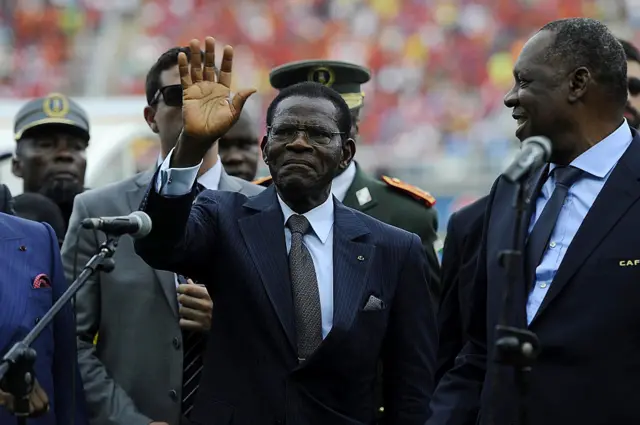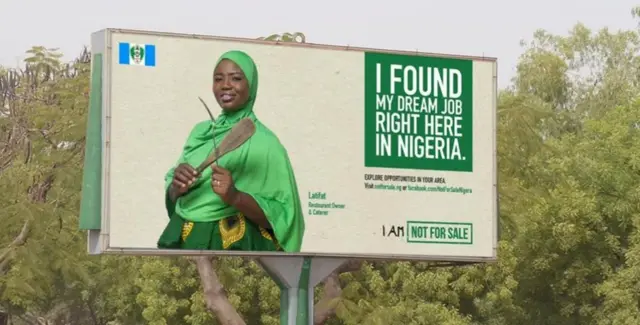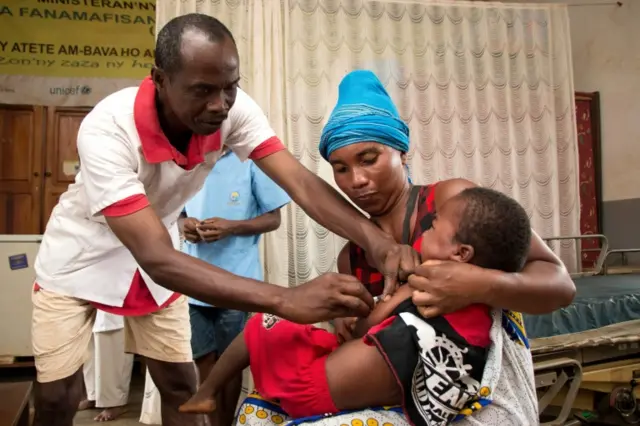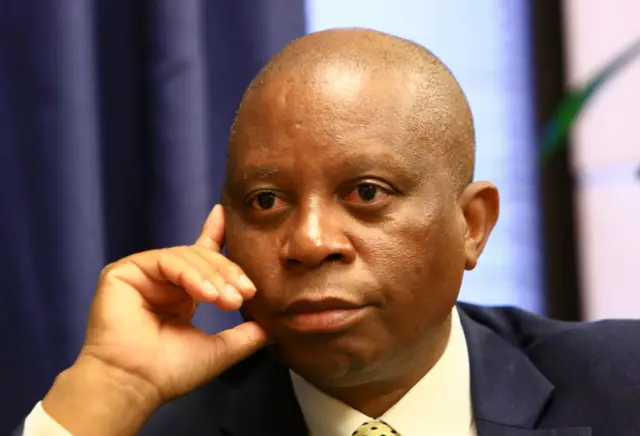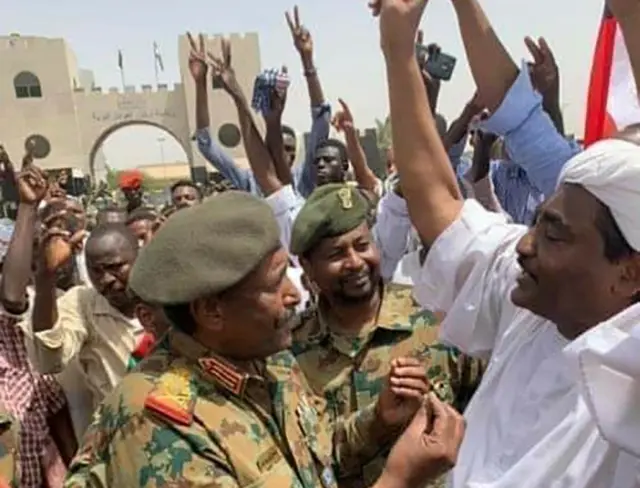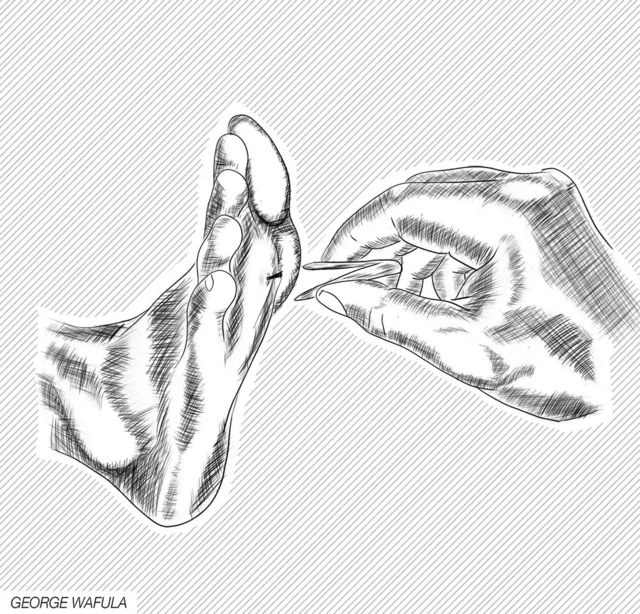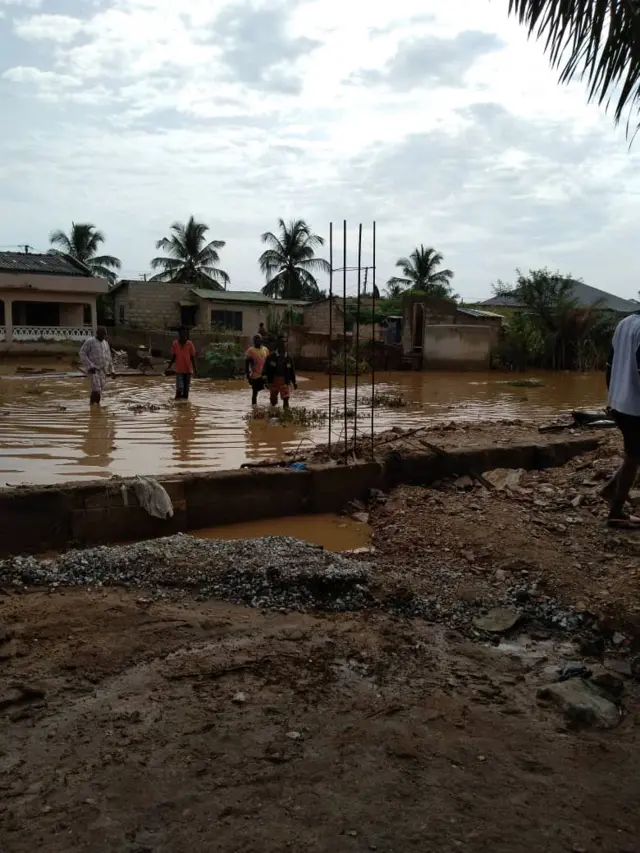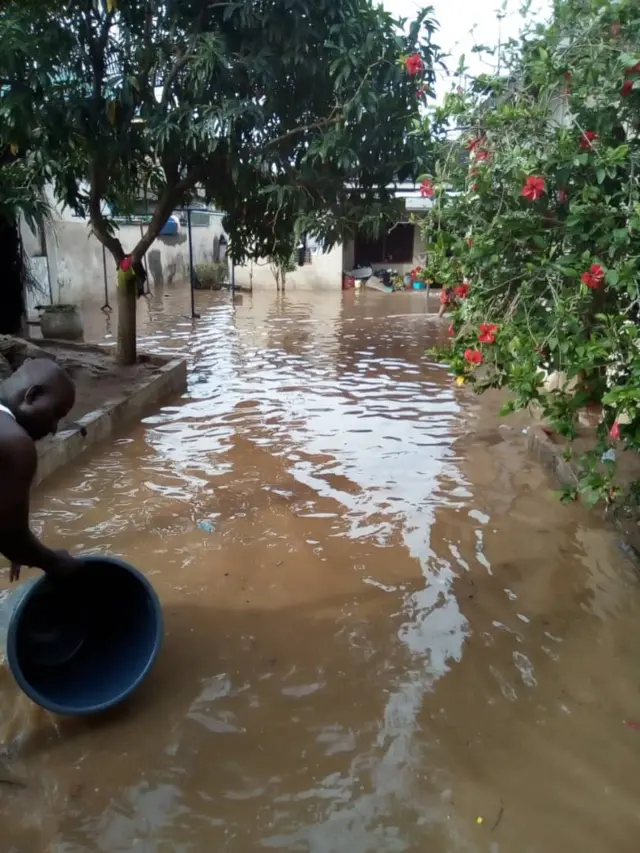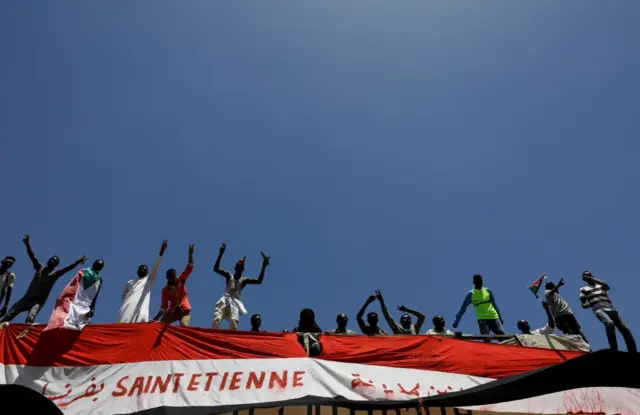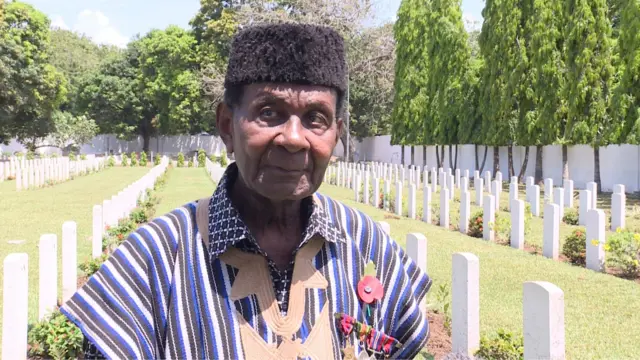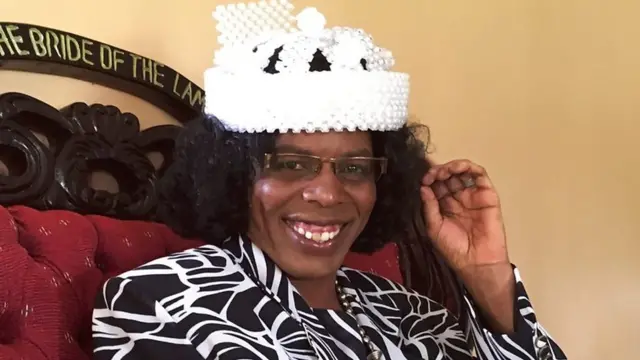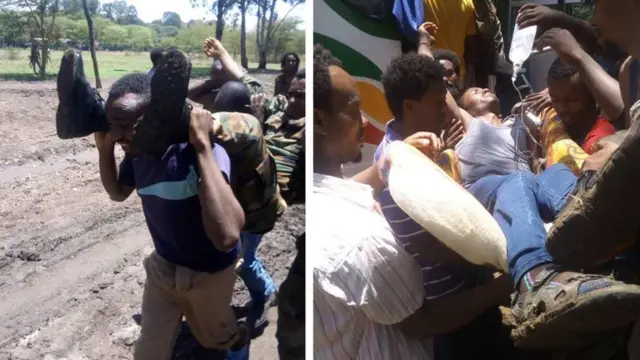No students for 98 degree courses in Kenyapublished at 09:34 BST 16 April 2019
No first-year students have been admitted for around 100 degree courses offered at at least 40 universities in Kenya for the 2019 academic year, education officials say.
The privately-owned Star newspaper , externalsays the jobs of hundreds of lecturers of the "unpopular courses" are now at stake ahead of the start of the academic year in September.
The paper quotes the Kenya Universities and Colleges Placement Service as saying that not a single first-year student will study for 98 programmes offered at at least 40 universities, either because their applications were rejected or no-one applied.
Some of the courses include Bachelor of Arts in Peace and Conflict Studies, Bachelor of Theology, Bachelor of Business Administration, Bachelor of Science Agribusiness, and Bachelor of Science Horticulture, says the paper.
Allow X content?
This article contains content provided by X. We ask for your permission before anything is loaded, as they may be using cookies and other technologies. You may want to read X’s cookie policy, external and privacy policy, external before accepting. To view this content choose ‘accept and continue’.


